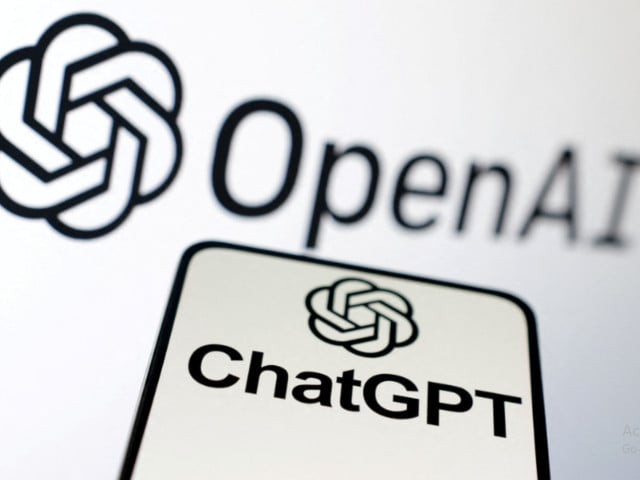Embracing Connection Through AI: A New Dimension in Grief
Imagine hearing your loved one’s voice again, long after they’ve passed away. For Diego Felix Dos Santos, this became a reality thanks to cutting-edge AI. After losing his father, he discovered a voice note recorded from his hospital bed. This small snippet became the foundation for reconnecting with his dad through technology. “The tone of the voice is pretty perfect,” he shares, capturing the bittersweet essence of grief mingled with genuine connection.
Dos Santos turned to Eleven Labs, an AI voice generator, where for just $22 a month, he could create new messages that echo his father’s loving words. The experience opened a door he never thought possible. Conversations that could have been are now simulated, letting him hear his father’s affectionate "Kisses. I love you, bossy" just as they did during their weekly calls.
This rising trend of “grief tech” is not without its complexities. While AI tools can aid in managing loss, they also raise important ethical questions. Who controls a person’s digital likeness after they’ve passed? What does consent look like in a digital afterlife? These are pressing concerns that developers like Robert LoCascio of Eternos take seriously, ensuring that their users have a say in how their data is used, and adhering to ethical standards in creating AI replicas.
As AI technology evolves, it’s crucial to approach it with caution. While tools like StoryFile and HereAfter AI support grieving individuals by creating interactive avatars of loved ones, experts emphasize the need for transparency regarding data privacy and emotional well-being. Authors and psychologists remind us that grief is a personal journey, not just a series of interactions with a digital version of someone lost.
Yet, many find solace in these innovations. For Anett Bommer, who created a digital replica of her late husband, the AI doesn’t replace her memories — it enhances them, allowing her to feel his presence while also navigating her own grief.
As we witness this intersection between technology and emotion, it’s essential to balance the need for connection with the understanding that healing is a nuanced process. AI may not mend broken hearts, but it can spark comfort and support those navigating their journey of loss.
In a world rapidly changing through technology, finding safe spaces to explore these feelings becomes vital. That’s where platforms like Pro21st come into play, fostering discussions around such transformative experiences. Whether you’re curious or seeking community, there’s always more to discover. Embrace the conversation, and who knows where it might lead you?




